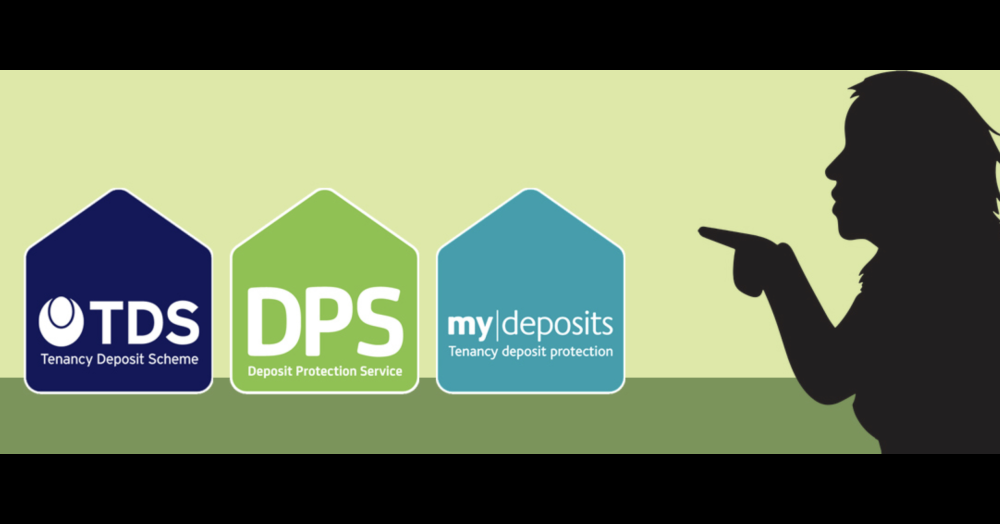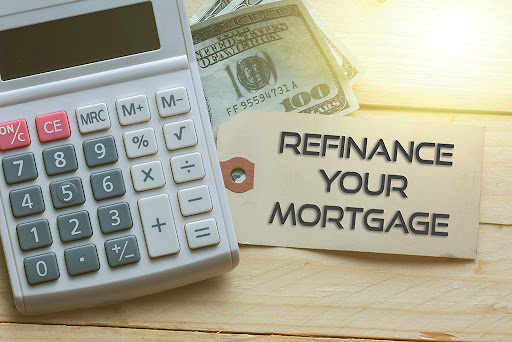One of the classic pieces of advice that just about everyone gives you is that when you can, buy yourself a home and hold onto it. No matter what the economy does, people are going to crave a piece of land for themselves and their children. That means that real estate is always in season. It might take a few hits thanks to a cooled-off economy, but that doesn’t mean that real estate is dead by any means.
If anything, real estate continues to grow as resources continue to shrink. Simply put, there are more and more people, but no one’s making any more land. This means that the demand for good real estate is on the rise. If you’ve done what everyone advises and picked up a property years and years ago, you probably already have it paid off. Yet that doesn’t mean that you have the cash on hand that you want. Cash flow and investments are related. Your home is paid off, and is now considered a strong asset. Yet if you don’t have cash in hand, all of the equity in the world isn’t going to get you very far. It’s important to have a mix of both: assets that can help you unlock money, and cash flow that you can use to either improve investments, or treat yourself. Hey, we’re firm believers that life isn’t just about hard work. It should also be about taking time to spend with the people that matter most to you.
You might have heard of equity release, given that it has plenty of naysayers. The most famous one is most undoubtedly Andrew Castle, who thinks that they’re too expensive for what you get.
Here’s the thing: it’s only expensive if you don’t do your research. Mr. Castle implies that all of the equity release lenders in the market have one big monolithic interest rate. That isn’t the case at all: shopping around gives you the best rates. Would you go to the first car cover agency? Would you go to the first private health care insurer? You need to make sure that you are always looking at who has the best offer. That’s the real way to save money.
But let’s go a little bit more into the subject of equity release and lifetime mortgages. The reason why they’re called lifetime mortgages is simple: the homeowner takes out the mortgage, and the mortgage note is called due when the homeowner dies or has to be moved to a long term care facility. But before you think that lifetime mortgages are a terrible waste of your time, realise that the industry is heavily regulated. Costs have been placed front and center, and the children of the homeowner are encouraged to be part of the process. The costs can indeed be higher than a traditional mortgage, but is it really fair to make this comparison? After all, a traditional mortgage also requires that you’re paying off the interest in part every month, while lifetime mortgages do not make this demand.
It also assumes that there’s a risk of negative equity. In a traditional lifetime mortgage, this used to be the case. But the no-negative guarantee is almost an industry standard, with plenty of lenders assuming the loss if the house doesn’t continue to grow in value.
It’s the age old question: do you trade stability now for a chance to improve your investment? If you need cash flow to get things done, you should consider looking into this.
But don’t rush for the money — even though it’s tempting. Look at the total value of your home, and jot down what you want to happen with the property. Do you want to let out half the property for a boarder and make a little extra money? You could do that. If you don’t have any heirs to leave the property to, you could draw a little of the equity out of the home for your own use.
Talk it over with your spouse and family, where applicable. Then decide what you’ll do from that point onward. The lifetime mortgage can really help you get things done, but only if you are willing to do the research and look into things thoroughly.




